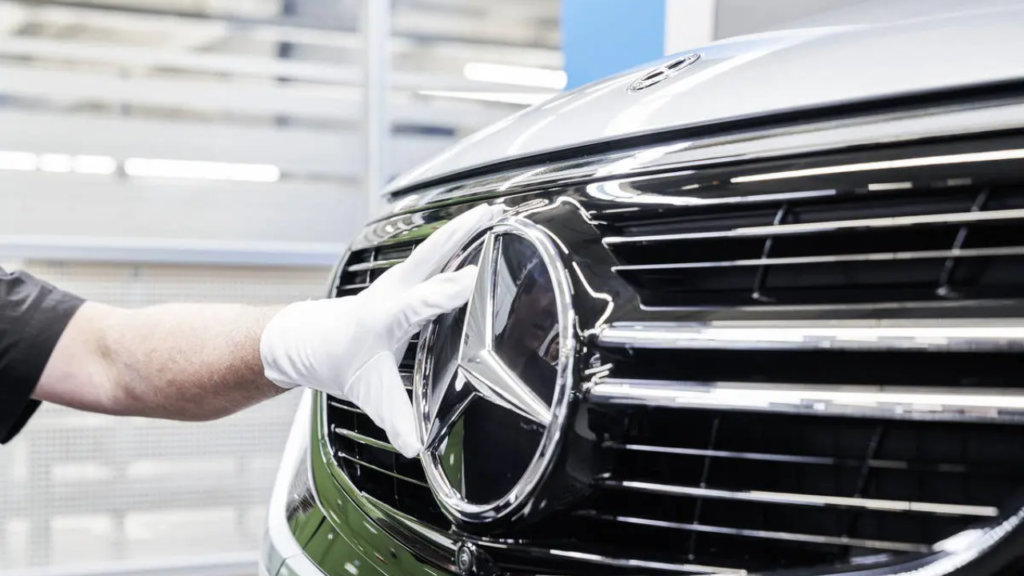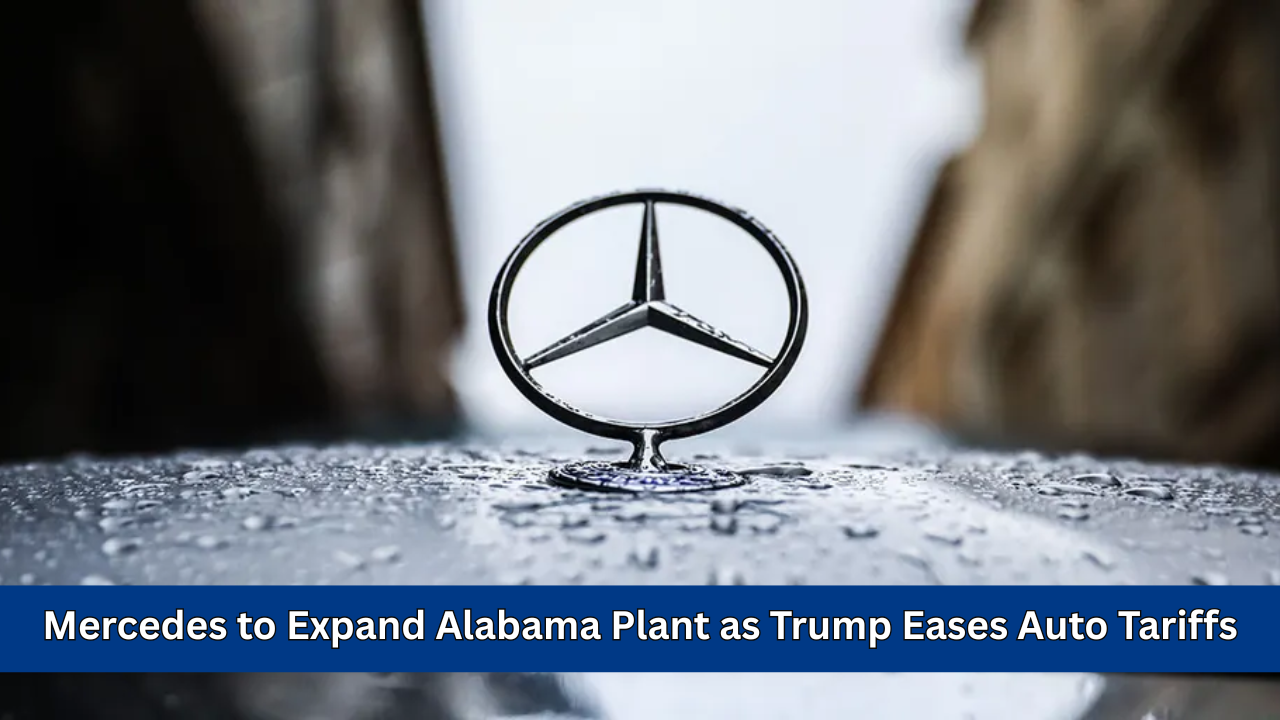Mercedes-Benz is poised to increase its footprint in the U.S. as the company announces plans to expand its operations at the Tuscaloosa, Alabama manufacturing plant. This move comes as a direct response to recent changes in U.S. trade policy, particularly in relation to the auto tariffs that have had a significant impact on the auto industry.
Expansion Plans at Alabama Plant
The Tuscaloosa plant, which has been operational since the 1990s, is one of Mercedes-Benz’s key production facilities. The expansion will involve the introduction of a new “core segment” vehicle, set to begin production in 2027. This decision is part of the company’s broader strategy to deepen its commitment to the U.S. market and to better serve American customers. Mercedes-Benz’s local-for-local approach seeks to produce vehicles tailored specifically to the needs of U.S. consumers.
Mercedes has a long history in the U.S. automotive market, and the Tuscaloosa plant has played a central role in this success. Over the years, the plant has produced over 4.5 million vehicles, including popular models like the GLE, GLS, and EQS SUVs. In 2024 alone, the plant produced approximately 260,000 vehicles, with more than two-thirds of those being exported to global markets. The expansion is expected to not only increase the plant’s production capacity but also contribute to the revitalization of American manufacturing, creating jobs and boosting the local economy.
The Role of Tariffs in the Expansion
The recent changes in U.S. trade policy under President Donald Trump have played a crucial role in Mercedes-Benz’s decision to expand at the Tuscaloosa plant. In particular, the 25% tariffs that the Trump administration imposed on imported vehicles and auto parts have created challenges for car manufacturers. However, these tariffs have now been eased in a way that directly benefits automakers like Mercedes.
On April 29, 2025, President Trump signed a series of executive orders that provide significant relief to car manufacturers. These orders offer exemptions and reimbursements for steel and aluminum used in car production, effectively reducing the cost burden on manufacturers. Moreover, vehicles that contain at least 85% American-made components will be exempt from the auto tariffs, further benefiting companies like Mercedes that already produce a significant portion of their vehicles in the U.S.
This move is part of Trump’s broader effort to balance the goals of protecting American manufacturing while supporting the automotive industry’s continued growth. The tariffs, which had previously sparked concerns among manufacturers about their impact on U.S.-based factories, are now being adjusted to ensure that domestic production is prioritized.

Looking Ahead: Impact on the U.S. Automotive Industry
The easing of auto tariffs and Mercedes-Benz’s expansion plans underscore a significant shift in the U.S. automotive industry. For manufacturers, the ability to produce vehicles domestically without facing prohibitive tariffs is a critical advantage, particularly for global companies like Mercedes-Benz that are deeply invested in the U.S. market.
The move also strengthens the growing trend of automakers increasingly focusing on domestic production and reducing reliance on imports. As the U.S. car market continues to evolve, Mercedes-Benz’s expansion at the Tuscaloosa plant sets a clear example of how companies can adapt to changing trade policies while continuing to invest in American jobs and manufacturing capabilities.
Conclusion
Mercedes-Benz’s decision to expand its operations at the Tuscaloosa plant is a win for both the company and the U.S. economy. By taking advantage of the recent changes to trade policy, Mercedes is poised to strengthen its presence in the U.S. market while also contributing to the revitalization of American manufacturing. As other automakers likely follow suit, the long-term benefits of these adjustments to tariffs could lead to more American-made vehicles and more jobs in the U.S. automotive sector.
For more information on recent tariff policies, visit the U.S. Department of Commerce or the U.S. International Trade Commission.

Pankaj Kumar is a skilled content writer at OTE News, focusing on breaking news, technology, and socio-political developments. With a background in Mass Communication, he brings a balanced perspective to his articles, ensuring clarity and reliability. Pankaj has a knack for simplifying complex topics for readers.
In his free time, he enjoys photography, traveling, and experimenting with new cuisines. His curiosity and dedication to truthful reporting make him a valuable contributor to OTE News.



